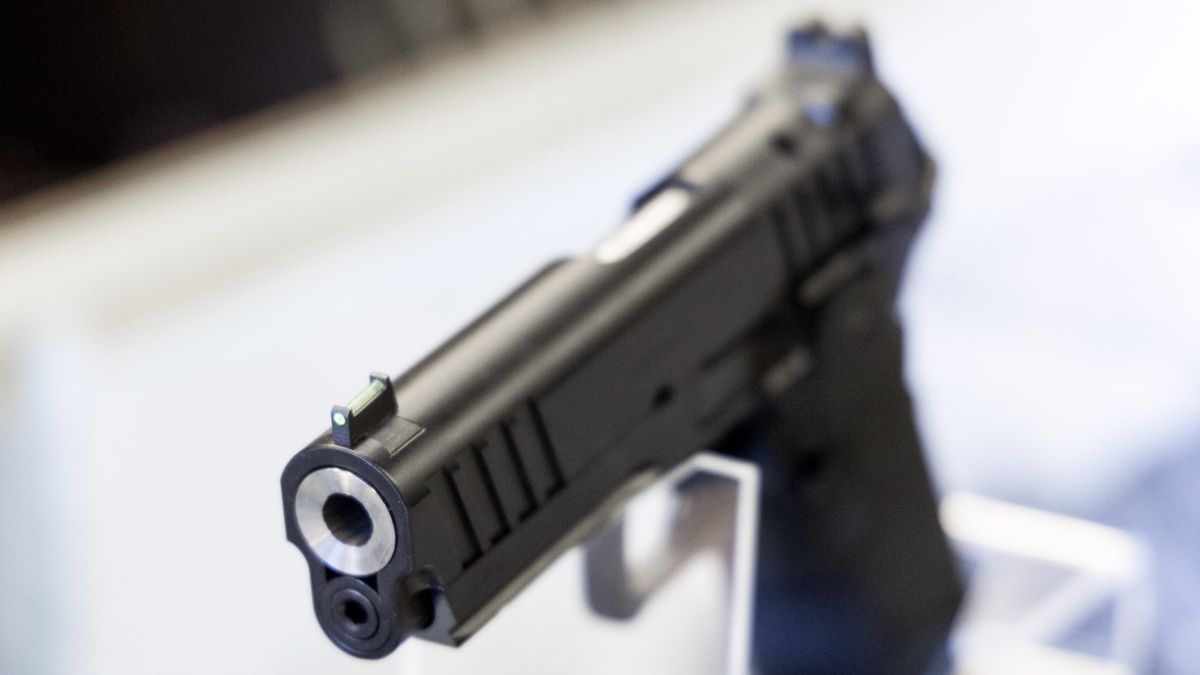[ad_1]
In a legislative session marked more by incremental steps than sweeping reform, Washington state lawmakers are advancing a series of measures aimed at tightening gun controls, albeit with a focus on more nuanced aspects of the ongoing battle against gun violence. In the heart of Olympia, efforts to address youth overdoses and addiction are paralleled by initiatives to ensure safety in schools, including a bill necessitating the presence of bleeding control kits for traumatic injuries. Yet, it is the legislative undertakings concerning firearm regulations that are capturing public attention, reflecting a broader national debate on the balance between civil liberties and public safety.
Legislative Moves and Public Response
Among the notable legislative actions, the House has passed measures that would require gun owners to report the loss or theft of a firearm within 24 hours, alongside imposing stricter regulations on firearm dealers. The spotlight, however, turns to the House Civil Rights & Judiciary Committee, which is slated to hold a public hearing on SB 5985 and SB 5444. These bills, concerning background checks and the designation of “gun-free zones,” respectively, have stirred significant controversy, drawing opposition from the NRA. Specifically, SB 5985 seeks to embed provisions of Washington’s recent ban on commonly-owned firearms into state code, while SB 5444 aims to expand the scope of areas where firearms are prohibited.
Simultaneously, a gun retailer in Federal Way faces a hefty $3 million fine for selling ammunition magazines beyond the state’s legal capacity, a move that underscores the state’s commitment to enforcing its gun laws. This action follows investigations by the state attorney general’s office, which uncovered deliberate sales of banned magazines and the destruction of sales records by the retailer. The case highlights the legal and financial repercussions of flouting the state’s magazine capacity law, a regulation that is currently the subject of legal challenges in various states.
Current Legislative Landscape and Advocacy
Despite the dominance of Democrats in the state’s political landscape, major gun restrictions have seen limited progress, with significant proposals such as a permit to purchase firearms, a tax on ammunition, and limits on gun purchases not advancing. This session’s focus appears to be on smaller, though still impactful, legislative efforts. These include House Bill 2118, which mandates background checks on gun dealers’ employees, requires dealers to carry liability insurance, and enhances security systems. Another key measure requires prompt reporting of lost or stolen guns and restricts firearms in certain public places without a concealed carry permit.
Advocacy groups such as Moms Demand Action and Students Demand Action have been vocal in supporting these legislative efforts, emphasizing Washington’s relatively strong gun laws and the ongoing challenge of addressing gun violence. The state’s approach, characterized by a mix of regulatory and preventive measures, reflects a broader strategy to curb gun violence while navigating the complex political and legal landscape surrounding gun control.
The Human Story Behind Gun Legislation
The push for stricter gun laws is not just a matter of policy but a deeply personal issue for many involved. The gathering of over 100 supporters at a church near the state Capitol underscores the community’s engagement and desire for action. Among them, April Schentrup, who lost her daughter Carmen in the Parkland, Florida shooting, serves as a poignant reminder of the human cost of gun violence. Her advocacy and that of many others highlight the stakes of the legislative debate, focusing not just on the rights of gun owners but on the safety and well-being of children and families across the state and the country.
As Washington lawmakers engage in what has been termed a “small-ball approach” to gun legislation, the implications of their actions and inactions extend far beyond the state’s borders. The ongoing legislative session, with its focus on both specific measures and broader regulatory frameworks, encapsulates the nuanced and often contentious debate surrounding gun control in the United States. Though major restrictions have stalled, the concerted efforts of legislators, advocates, and affected families signal a continued commitment to addressing gun violence, one step at a time.
[ad_2]
Source link
